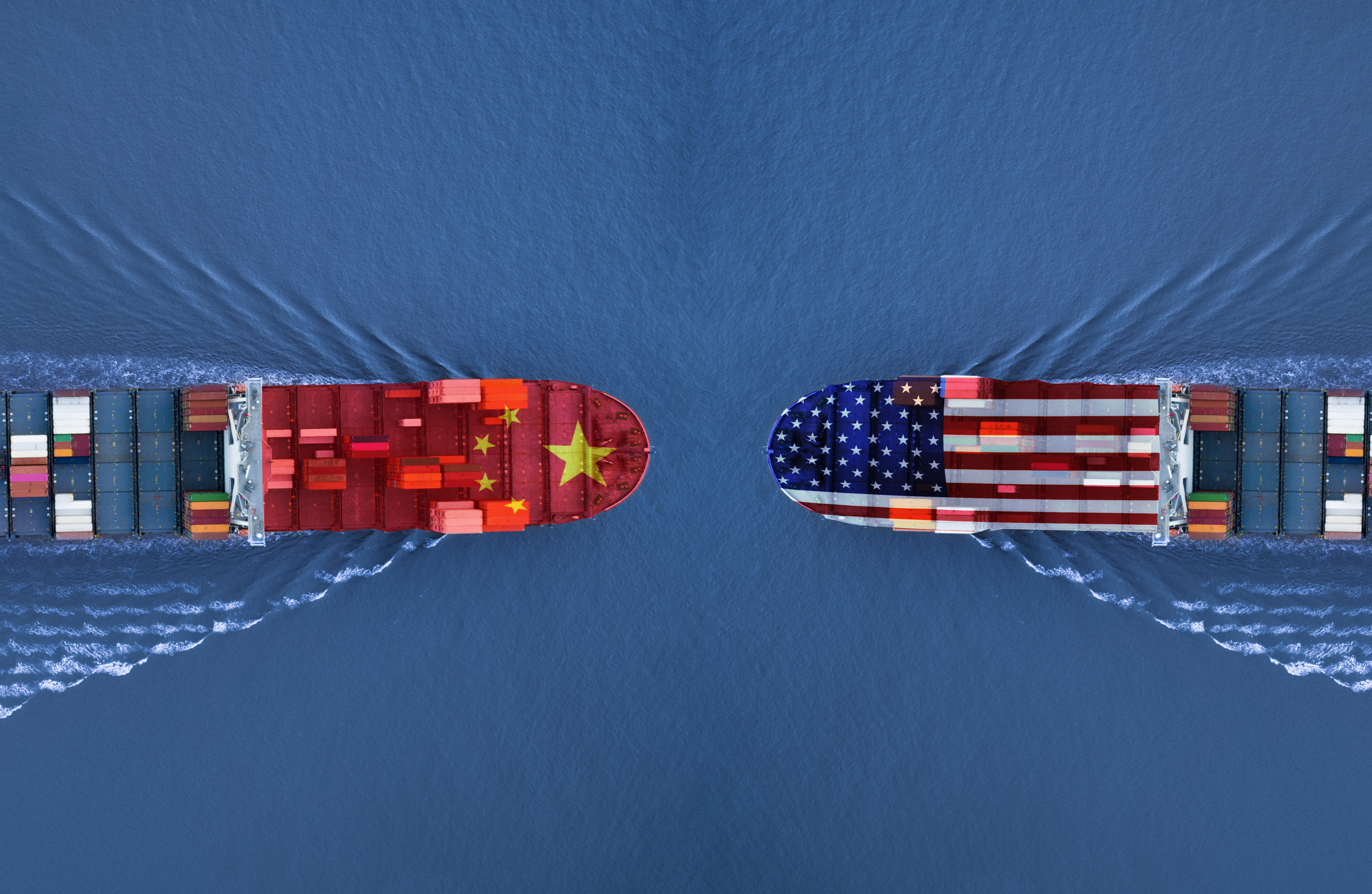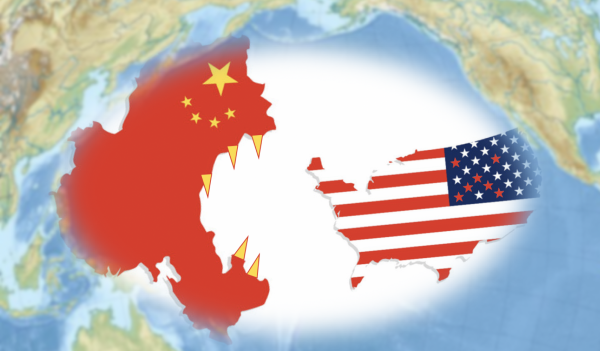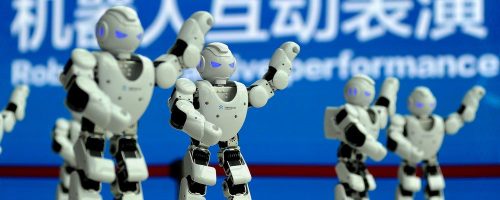Actual policymakers have to do that.
See No Evil

Economists blinded us to the threat from China.
If the danger of our adversaries depends on their malice and competence, the Communist Party of China (CCP) is undoubtedly America’s greatest foe. China’s government regularly flouts good-faith rules for international cooperation. They steal technology and harass foreign nationals. They pressure corporate leaders and celebrities to genuflect before them, as with JPMorgan Chase CEO Jamie Dimon and NBA superstar LeBron James. They brutalize dissenters, from millions of Uyghur Muslims to billionaire entrepreneur Jack Ma to (probably) professional tennis player Peng Shuai. Most brazenly, they stonewall any attempts to investigate the COVID-19 lab-leak hypothesis, despite mounting evidence and consensus that it’s likely true.
Yet the U.S. response to Beijing’s provocations is frustratingly weak. What explains our government’s failure to act? Part of the blame lies with the scholars and policy experts who advise American leaders. Economists are some of the worst offenders. Since both of us are academic economists, we feel it’s important to own up to our profession’s failures. When it comes to China, economists subscribe to theories of liberal internationalism that just don’t match the facts.
When discussing international relations, economists start with the theory of comparative advantage. By specializing in what each of us is best at, and trading goods and services with each other, we all become wealthier. Nothing in this argument depends on our trading partners being Americans. We benefit whether our counterparties live in Boston or Beijing. Comparative advantage suggests we should extend the division of labor across international lines.
The logic of comparative advantage is sound: let Nebraska ranchers trade their beef with Washington loggers for their wood, rather than unnecessarily and wastefully try to raise cattle in the Pacific Northwest or grow timber on the prairie. But economists blunder when they use an economic theory as the basis for liberal internationalism and the assumption that free trade along the lines of comparative advantage will produce global harmony. For decades, economists buttressed the conventional wisdom that increasing commercial ties with China would compel the CCP to adopt domestic reforms. Economic liberalization would result—must result—in political liberalization. Apple CEO Tim Cook recently defended a version of this “peace through trade” thesis.
There’s just one problem: it doesn’t work.
When it comes to China, liberalization through commerce failed spectacularly. Since one of us (Alex Salter) previously defended this strategy, it’s imperative for us to admit how badly it fared. While peaceful engagement has enriched China and lifted millions of Chinese out of poverty, it’s also entrenched the CCP’s power and increased its ambitions. The result is a newly strengthened opponent with no qualms about employing vicious tactics. China’s government caught us flat-footed. It’s time we steadied ourselves and responded honorably yet forcefully.
The link between comparative advantage and liberal internationalism breaks apart in the face of an undeniable reality: trade with authoritarians is always political. We can’t divorce economic relations from political relations. Furthermore, the CCP’s hegemony over Chinese business—which by law must submit to the needs and demands of People’s Liberation Army—raises doubts about whether its “private” sector is meaningfully independent. China’s government is happy to let households and businesses create wealth, so long as it’s understood nothing may stand in its way of appropriating that wealth in the service of hardball politics.
To paraphrase an older sentiment of American foreign policy, Liberal internationalism is not a suicide pact. Whatever our sympathies for free trade and international peace, we must respond to China’s threat. Wilhelm Röpke, one of the twentieth century’s greatest economists and an architect of the post-World War II “economic miracle” in Germany, warned that every trade with Communists, “is an act of international politics, for the simple reason that the other party regards it as such.” We might be in it for profit, but they’re in it for power.
During the Trump administration, many economists argued that tariffs were a poor way to deal with intellectual property theft. What they meant was tariffs do not directly eliminate a real-world friction, like intellectual property theft, that prevents first-best resource allocations. We don’t deny that. However, they never suggested a better policy. Neither did they explicitly say doing nothing was the least bad option. All economists offered were lazy assertions that served no purpose other than preserving the status quo.
We agree with our fellow economists that trade restrictions are costly. But dovishness in the face of CCP hostility is costly, too. There are costs to international health bureaucrats pretending they have a bad internet connection to dodge inconvenient questions about Taiwan. There are costs to acquiescing to the CCP’s resistance to investigating the origins of COVID-19. There are costs associated with professional athletes, actors, and business leaders fearfully guarding their speech and apologizing for any misstep that angers the CCP. There are costs to being complicit in monstrous human rights abuses.
Economists have forgotten that the purpose of theory is to illuminate reality, not to replace it. The profession is used to writing down a model of how the world works, adding frictions that prevent a first-best allocation of resources, and solving the model to devise welfare-improving policies. But these models tend to exclude things like intellectual property theft, the corruption of international institutions, or re-education camps where the CCP sends Uyghurs. Economists are too comfortable with assuming away the relevant facts.
The CCP might seem like a familiar authoritarian foe, but they are far more capable than the Soviets and other authoritarian regimes of the past. Also, economic entanglement and mutual dependence make decoupling unrealistic, at least in the short- to intermediate-term. Nonetheless, one thing is certain: the status quo is unacceptable. Economists promised that engaging China would pressure the CCP to change its ways. Instead, the CCP exported their censorship to the U.S. and corrupted international institutions.
It’s time to rethink U.S.-China relations. Unfortunately, recent experience suggests many of our elites simply memorized status-affirming talking points to cement their reputations among the credentialed class. Our profession is no exception. It remains to be seen if economists—or any of the usual elites—are up to the task.
The American Mind presents a range of perspectives. Views are writers’ own and do not necessarily represent those of The Claremont Institute.
The American Mind is a publication of the Claremont Institute, a non-profit 501(c)(3) organization, dedicated to restoring the principles of the American Founding to their rightful, preeminent authority in our national life. Interested in supporting our work? Gifts to the Claremont Institute are tax-deductible.
Time is pressing to turn our tech Titanic around.
It’s time for conservatives to abandon fusionist organizations.



